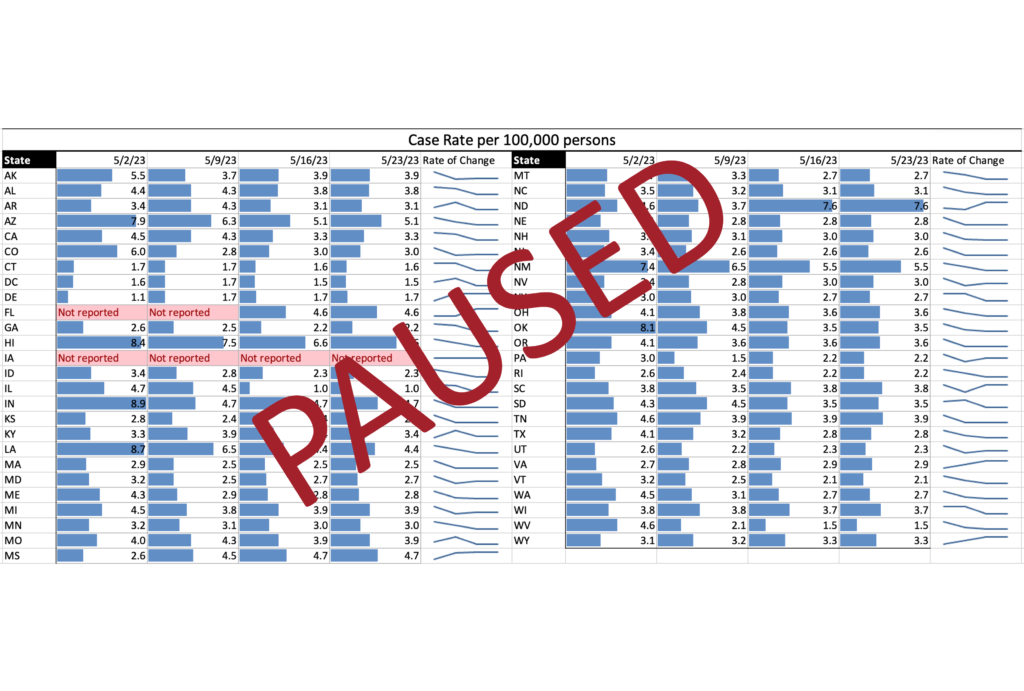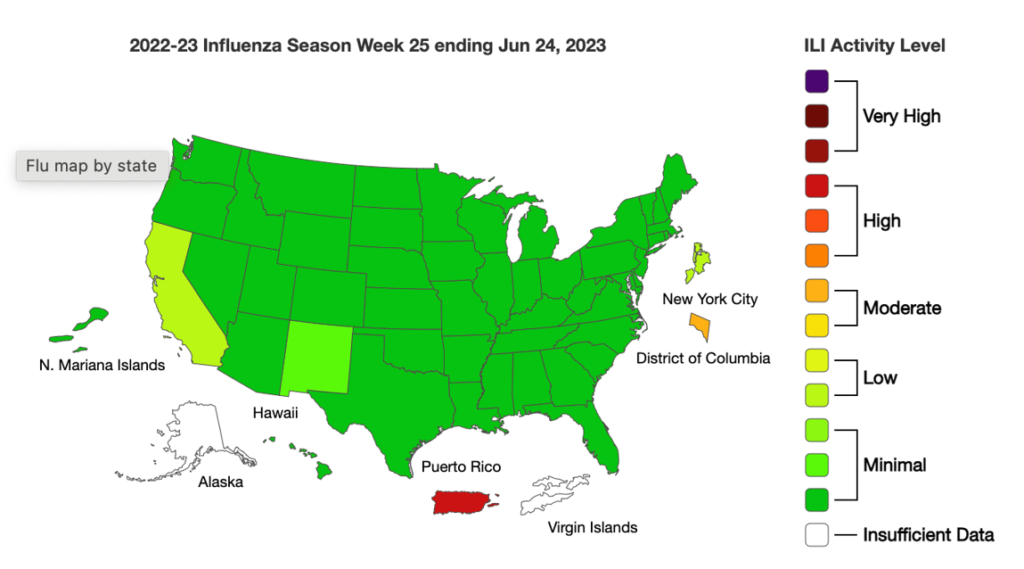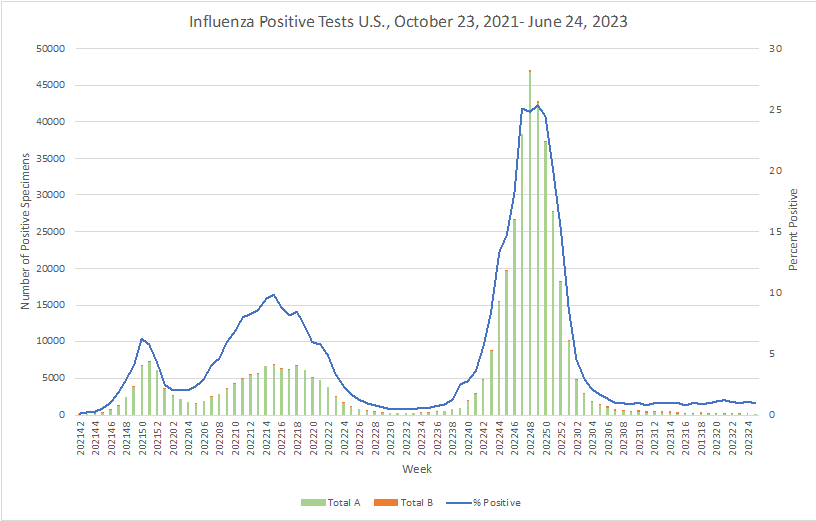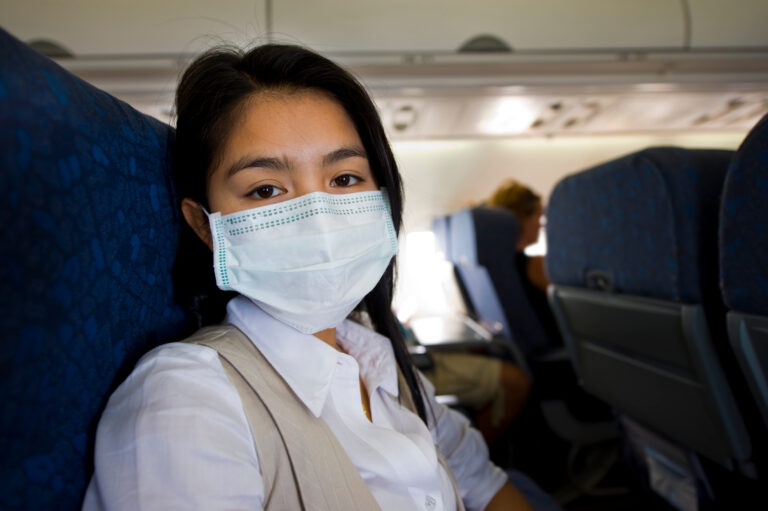In last week’s public health article, we discussed the fact that measles were increasing due, in part, to international travel. Following up on a similar topic, members of the TAG Team have recently experienced public health travel issues ourselves, with at least two TAG members bringing back extra “souvenirs” from vacations: COVID! While beginning doses of Paxlovid within the five days after symptom onset did serve to reduce the severity of illness, there is still something to be said for maintaining distance and masking (particularly on planes and in boarding areas where distancing is not possible) during travel.
Not only does COVID remain a common infectious disease, but we are seeing more news from Down Under that this year’s wave of winter respiratory illnesses (RSV, COVID and the flu) may be the worst in several years as reported by Queensland, AU health officials. The rise is being seen as linked to people going back to their “normal habits” and not taking precautions, such as vaccination and distancing from those with symptoms.
In addition to all this, measles is continuing to dominate headlines, with the World Health Organization now considering measles an imminent public health threat. The estimated 30 million cases and 2 to 4 million annual deaths is being attributed to the worldwide decline in the rate of vaccination and weakened population immunity. Thus, CDC is recommending that measles vaccination status be confirmed prior to international travel.
Infectious diseases have always been, and will always be, a part of human life. So, making sure that relevant vaccinations are up to date is essential. Other precautions can be taken to mitigate illness impacts on both personal lives and businesses – with staying home while ill and avoiding close contact, as much as possible, with those who are infected being two of the key factors in mitigation.
For business counsel and recommendations, give TAG a call. Our Public Health Specialists can help!
COVID Risk Matrix:

Influenza:


Infectious Disease News:
- Measles continues to dominate the headlines. The World Health Organization now considers measles an imminent public health threat, with an estimated 30 million cases and 2 to 4 million deaths annually. The primary reason is that the rate of vaccination against measles has been on the decline worldwide and overall population immunity has weakened. This is why the US CDC has recently issued commentary, recommending that measles vaccination status be confirmed prior to international travel.
- Health officials in Queensland, AU are warning that this year’s wave of winter respiratory illnesses (RSV, COVID and the flu) may be the worst in several years. The rise is probably linked to complacency among people who seem to have gone back to their “normal habits” and may not be taking as many precautions (e.g., getting vaccinated when it’s available) as they were during the height of the pandemic.
- An increase in incidence rates of invasive (iGAS) and non-invasive (nGAS) group A Streptococcus infection has been reported by several countries across Europe during the 2022/23 winter season. As an example, Denmark experienced historically low iGAS incidence rates during COVID-19-related restrictions, which ended in February 2022, but cases have risen since then, especially in children less than 5 years old. There is some speculation that this may be due to lowered immunity after the pandemic, but further work is needed to prove this.
- Further reports about the Tacoma, WA woman who refused treatment for tuberculosis for more than a year: She was arrested a couple weeks back by Pierce County deputies to be isolated and treated in jail, to protect the public. This week, she was released under certain conditions, including isolating at home under court supervision. The Health Department will continue providing the woman’s testing and treatment.





